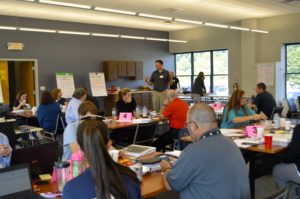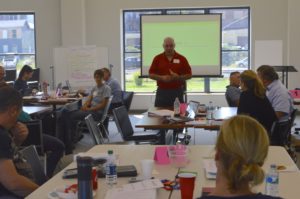PBL vets bring insights to training session
Teachers experienced in Project-Based Learning (PBL) shared insights with old-hands and novices alike this month when some 20 educators gathered at the Consortium for training or a refresher on PBL basics.
Recalling his own plunge into the method, Blackhawk High School environmental science teacher Rob Puskas told attendees, “My first year was a mess.”
“I had to ask myself, ‘Am I doing Project-Based Learning? Am I kind of doing it? Or am I not doing it at all’?”

Although there’s definitely a learning curve, Puskas said it’s one any teacher can successfully navigate. For his part, he’s found so much benefit in PBL, he’s using it more and more in his classroom.
According to Buck Institute, a recognized authority, PBL is “a teaching method in which students gain knowledge and skills by working for an extended period of time to investigate and respond to an authentic, engaging and complex question, problem, or challenge.”
Some teachers at the training session were learning or brushing up on technique in anticipation of leading projects as part of our Student Powered Solutions program. Others just wanted to get their feet wet or increase their facility with PBL.
PBL seems to bring out strengths from kids of different abilities and skills, said South Fayette High School teacher Tom Isaac, even if it’s sometimes a challenge for teachers.

For kids, Isaac explained, working on team projects usually means there’s a role for everyone. While the math whiz might perform calculations associated with a project, a kid who’s good with his hands might make a prototype.
While it gives students a chance to shine based on strengths, it turns the classroom upside down for teachers. One oft cited way of looking at the practice is that it turns a teacher into “a guide at the side” instead of “a sage on the stage.”
Both Isaac and Puskas reassured novices that PBL also gives teachers a powerful approach for engaging students.
That may be one reason it’s been gaining adherents. Another is that PBL not only helps kids apply and reinforce academic skills, it also helps them develop soft or transferrable skills that studies show can be even more critical to success both in school and in the workplace.






